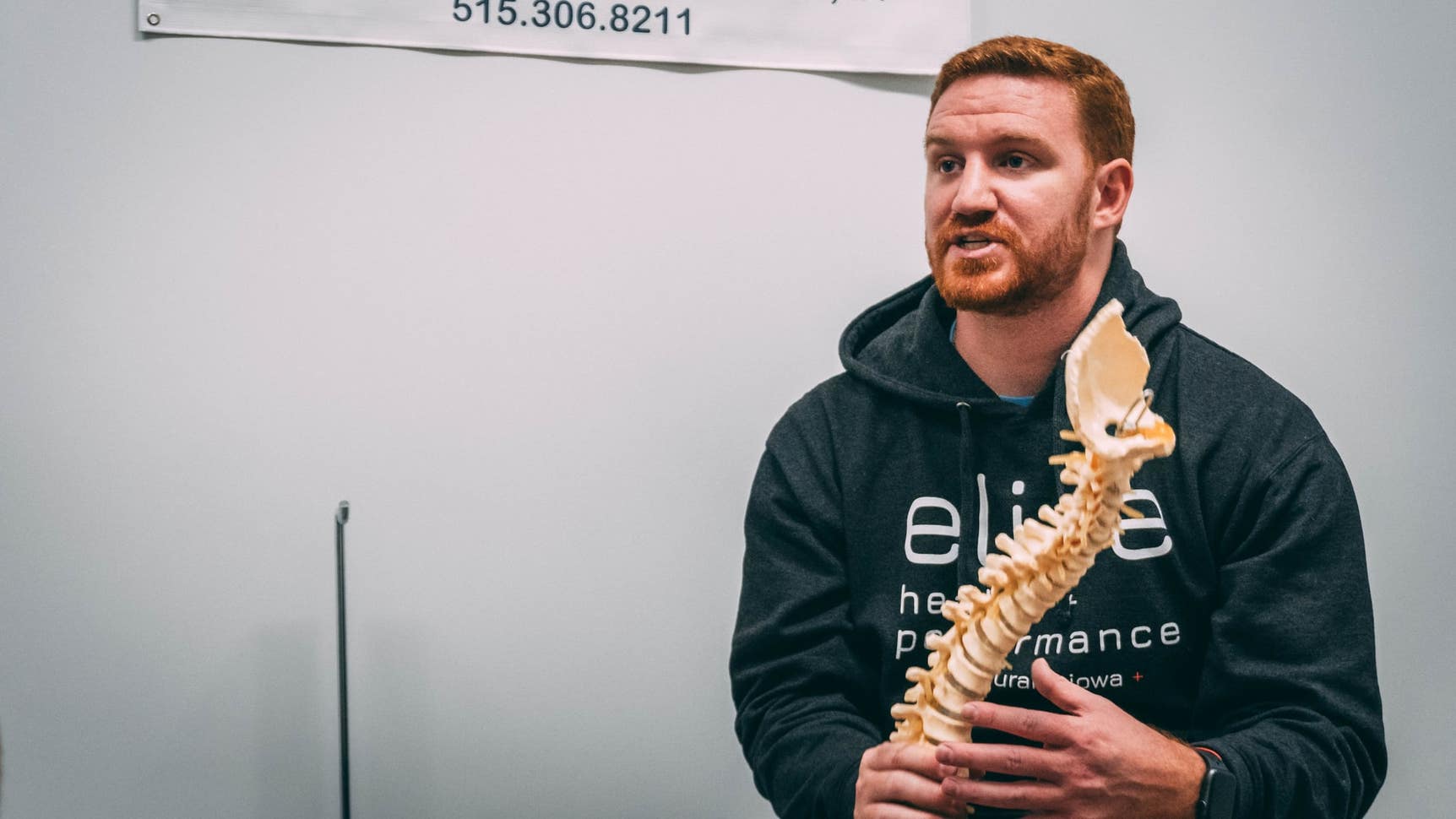
How to Become a Physiotherapist
How to Become a Physiotherapist
Physiotherapy plays an essential part in helping people overcome injury, improve their health and increase the quality of their lives. Whether it is from broken bones, brain disorders or motor function disorders, physiotherapy can help people who struggle with movement to improve their physical abilities whilst preventing further injuries.
If you want to learn more about this rewarding career, look no further and find out what it takes to become a physiotherapist.
What does a physiotherapist do?
A physiotherapist is a medical professional who helps people with injuries and illnesses which affect their physical abilities. Through movement exercises, advice, training and manual therapy, physiotherapists support people of all ages to improve their movement, manage pain and prevent injuries. In addition, they work with people who suffer from a range of disorders, including:
Neurological
Neuromusculoskeletal
Cardiovascular
Respiratory
Are Physiotherapists in High Demand?
According to the Chartered Society of Physiotherapy, there is a huge shortage of physiotherapists in the UK. Currently, vacancies in NHS hospitals stand between 6% and 20%. With plenty of work opportunities in the NHS, private practice and health centres. You can also become self-employed and have your own practice. Now is the perfect time to embark on a career in physiotherapy. This can be a relatively stable career path, as there will always be people in need of physiotherapy and NHS jobs are always available.
What is the daily life of a Physiotherapist like?
Now you know the overall role of a physiotherapist and the patients that they treat, what are the daily responsibilities of a physiotherapist? Here are some of the daily duties you would be undertaking if you were to embark on this rewarding career.
How much do Physiotherapists earn?
Physiotherapists can earn around £25,000 as a starter, which can rise to as much as £45,000 for more experienced roles. This can also vary depending on whether you choose to work within the NHS or within the private sector.
What A-Levels do physiotherapists need?
As physiotherapy is a science-based career, most physiotherapy degree courses will require at least one science-based A Level subject. Ideally, this will be in a biological science. Some courses prefer physical education or sports science in place of, or on top of, biology. Other useful A-Levels include maths, chemistry and physics. You will also need 5 GCSE’s grades A*-C, usually including maths and English language.
What other qualifications do Physiotherapists need?
After you have completed your A-Levels, you will need to go into higher education. Ideally, this will be a degree in physiotherapy, which will include at least 1,000 hours of hands-on work experience. Following your BSc, you will need to register with the Health and Care Professions Council (HCPC) and then you can begin practising.
What alternative routes are there to become a Physiotherapist?
If you do not meet certain criteria or entry requirements, or perhaps you have not achieved the best grades, then contact the universities (or employers) you are hoping to study at. You may be able to secure a place at university or on an apprenticeship scheme through taking further study courses online or gaining some part-time work experience. Online Health courses can help you step into your career as a physiotherapist.
Where can I get work experience in Physiotherapy?
As you will need to have at least 1,000 hours of practical work experience under your belt before you begin practising as a physiotherapist, this is, of course, a large part of your career journey. During a bachelors or master’s degree in physiotherapy your university will help you secure a work placement, and this will usually be in an NHS setting.
However, if you are trying to find a place to undertake a degree apprenticeship, or if you want to undertake work experience prior to a degree, then you might be wondering where to look for these opportunities. Physiotherapy work experience opportunities can be found in a variety of places, including hospitals, sports clinics, physiotherapy practices, nursing homes, special educational needs schools, sports clubs and charities.
In addition, some voluntary roles offer work experience opportunities such as the British Red Cross and St. Johns Ambulance. Even if you do not have the opportunity to study physiotherapy directly, gaining experience in the medical field will be hugely valuable. Similarly, having paid work as a receptionist or physiotherapy assistant in a hospital environment can also be very useful.
Whether you consider your A-Level options or think of changing careers, going into physiotherapy can be a gratifying career. Through your work, you can help people of all ages to gain more independence, manage their pain and improve their lives.
Browse Healthcare Courses Now!

